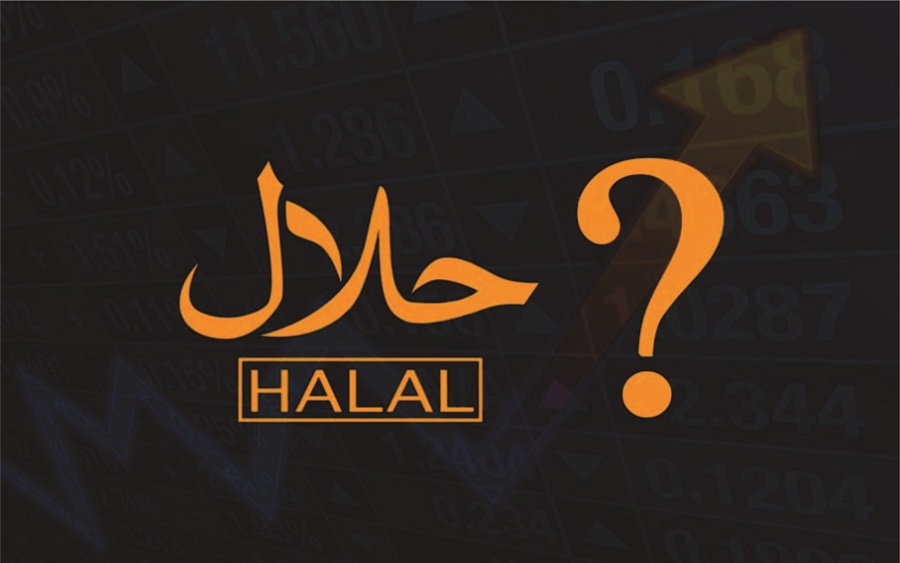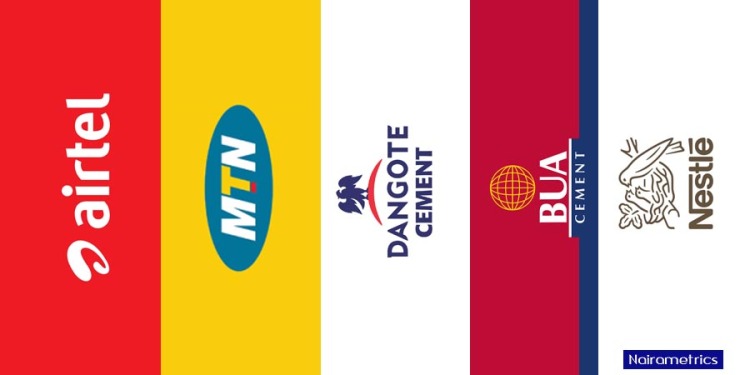I got a lovely email a while back. The writer asked if she could invest in a particular stock in the Industrial subsector on the Nigerian Exchange Group (NXG). The stock was blue-chip, sound fundamentals, significant market share. Her concern was that she is an ethical investor and would only invest if the stock was permissible. She wanted me to determine what criteria she could use to find out if a stock was permissible or halal. I researched, and I also decided to share my findings.
I relied on two key sources; Mufti Muhammad Taqi Usmani, a world-renowned Scholar on Islamic Finance. He is the Chairman of the Shariah Board of the Accounting and Auditing Organisation for Islamic Financial Institutions (AAOIFI). AAOIFI, based out of Bahrain, is a standard-setting body for accounts, audit, governance and shariah. Another source is a paper titled “The Islamic Shariah Principles for Investment in Stock Market.”
READ: SEC issues Cease and Desist Order on Crowdyvest Halal Fund operations
Ethical investing
Environmental Social and Governance (ESG) is becoming a criterion adopted by investors. Ethical, Non-Interest or Halal Investing is a fast-growing segment in asset management.
Is buying stocks haram
Investing in the stock market can be viewed as similar to the Mudarabah contracts, which are profit and loss sharing contracts. One party provides the capital, the other party brings work or effort. Investing in shares is akin to a partnership business.
READ: Report says ISWAP raised N52 million funding from March to May
How can I make sure my portfolio is permissible?
This question is answered in four broad qualifiers:
- The business itself
- Income from Non-Sharia Compliant Investment
- Interest-bearing debt to Total Assets
- Illiquid Assets to Total Assets Ratio
The business itself
The business of the quoted company has to be permissible (halal). Particular companies are forbidden (haram); this will include manufacturing, selling, or offering liquors, pork, gambling, discos, prostitution, night club, pornography, pubs, etc. The quoted company may not also deal in usury or interest (riba). Thus quoted companies that provide financial services on interest, e.g. interest-based banks, insurance companies, finance and leasing, will not be permissible. Non-Interest based financial institutions are acceptable.
Also, it is not permissible to invest in just the “idea” of the quoted companies; thus, the assets and business processes must already be purchased and be ongoing respectfully.
READ: ACCI set to explore $3 trillion Halal economy
Income from Non-Sharia Compliant Investment
A company can be fully engaged in halal activities but may indulge in non allowed transactions, e.g., interest-based financing of its project. In this instance, the 5% rule is observed. It is permittable to invest in stock whose income from interest-related activities is less than 5% of the companies total income.
According to Justice Mufti Muhammad Taqi Usmani, “if the main business is halal, but the quoted company places funds in Corporate Bonds, then the shareholders should raise their voice against this practice in the Annual General Meeting of the company.” When the investor receives his dividends, the portion of dividends coming from interest must be segregated and given to charity.
Interest-bearing debt to Total Assets
The total interest-bearing debt of the company should not exceed 33% of total assets. Thus the company can borrow, pay interest costs, and carry debt on its books buy that debt cannot exceed 33% of the total assets of the quoted company.
Illiquid Assets to Total Assets Ratio
Illiquid assets are assets that cannot be readily convertible into cash. They will include items such as plant and machinery and illiquid goodwill. Illiquid assets should be at least 20% of total assets.
Other ways to invest ethically
Another way to gain exposure to the Shariah-Compliant investment options is via buying Index Funds and ETFs. The Dow Jones Islamic Market World Index measures the performance of stocks traded globally that pass a rules-based screening for adherence to Shariah investment guidelines. I posted the top ten holdings by index weight below. You can duplicate this index or buy it passively.
Another way is via ETFs, e.g. the Wahed FTSE USA Shariah ETF (HLAL) “invests in US equities that conform to Shariah standards. Securities are screened to determine their Shariah status based on their business activities and certain financial ratios.”
HLAL tracks a principles-selected, market-cap-weighted index of US equities. Year to Date returns are 13.10%, with an expense ratio of 0.50%.
For investors seeking exposure to Nigerian issues equities, the Lotus Halal Equity Exchange Traded Fund “LHE ETF” is an open-ended fund intended to track the performance of the NSE-Lotus Islamic Index (NSE-LII). It is designed to enable investors to obtain market exposure to the securities of the constituent companies of the NSE-Lotus Islamic Index and to replicate the price and yield performance of the index.
Other resources? Screening Apps
Zoya is a screening app that allows investors to screen over 12,000 US, UK and individual Canadian stocks for shariah compliance. You can create a watch list and get alerted if a stock you are watching becomes halal. It also shows you shariah-compliant alternatives to non-compliant stocks.
Islamicly is another app that does the halal screening of stocks as well.
This is a technical topic. If you are interested in it, do a deeper dive to learn more.






















Wow, expository.
I might’ve used a section or two that talks more about the banking system as per Islamic teachings.